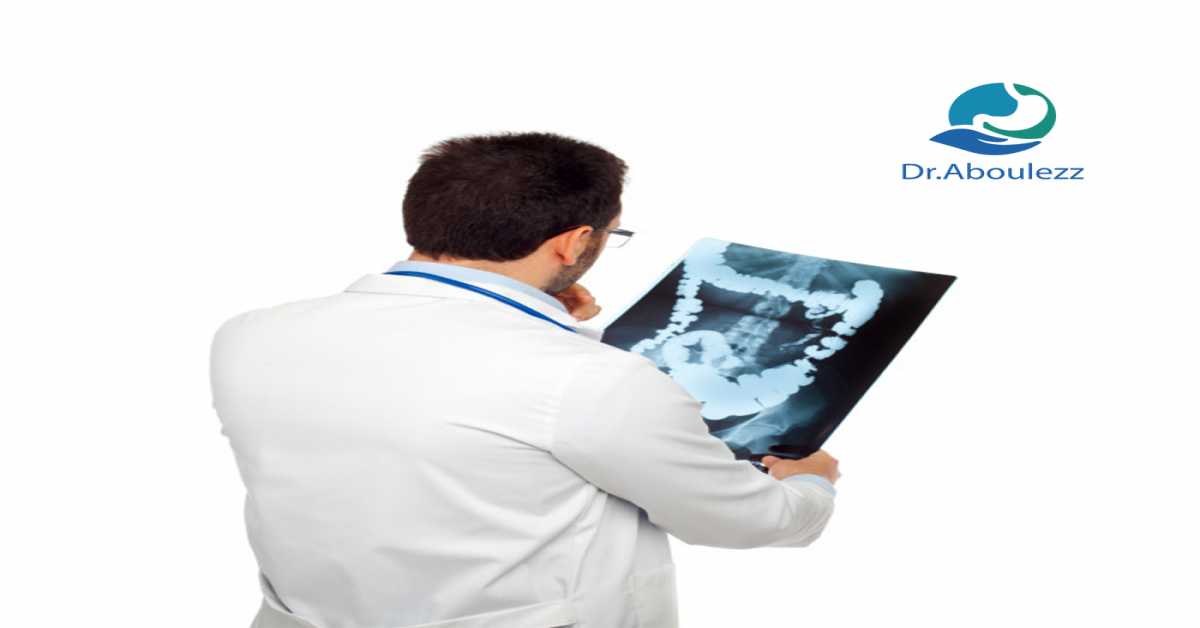One of the causes of persistent vomiting attack as a result of intestinal obstruction
One of the causes of persistent vomiting attack as a result of intestinal obstruction by which the patient presents to the gastrointestinal physician to find out its cause and treatment. This condition occurs as a result of acute obstruction or subacute obstruction and its cause intestinal obstruction is either as a result of malignant or benign disease and the following are the main causes of bowel obstruction, its diagnosis and treatment.
Causes of intestinal obstruction:
We start with the benign reasons, the most important of which are:
- The duodenal stenosis resulting from the healing of duodenal ulcers with fibrosis.
- Intestinal volvolus, strangulation or intuscesption, causing strangulation of part of the intestine and the possibility of developing gangrene in the ischemic part.
- Arterial thrombosis of part of the intestine and the possibility of developing gangrene in this part.
- Paralytic ilius caused by electrolytes imbalance or the presence of acute peritonitis or a intestinal perforation or after a long or complex abdominal surgery.
- The presence of heavy intestinal worm infestation.
- Complications of Crohn's disease, which causes areas of strictures and narrowing of the small intestine.
Malignant diseases leading to bowel obstruction include:
- Tumors of the duodenum and small intestine.
- Colonic tumors.
Diagnosis:
- Clinical examination is the first and most important guiding step to predict the diagnosis and choose the most appropriate investigation for rapid diagnosis.
- Gastroscope and colonoscopy are one of the most important diagnostic tools of intestinal obstruction and the earlier they are utilized for diagnosis, the more effective the treatment is healing.
- X-ray, CT or ultrasound diagnostic radiology.
- Blood tests that may guide the cause of the blockage.
Treatment:
- Treatment is often surgical to relief the blockage or treatment of its cause or excision of part of the intestine.
Medical treatment is the role of treatment in some cases of obstruction such as paralysis of the intestine by treating the cause pharmacologically or by conservative measures such as receiving intravenous solutions, parenteral nutrition and antibiotics intravenously.
Upper endoscopy and colonoscopy are used to treat some cases of narrowing of the duodenum or colon (benign or malignant) by dilatation of the narrowing and the insertion of stents, which leads to the treatment of bowel obstruction or avoid its occurrence.
There are also some treatment methods under research.


